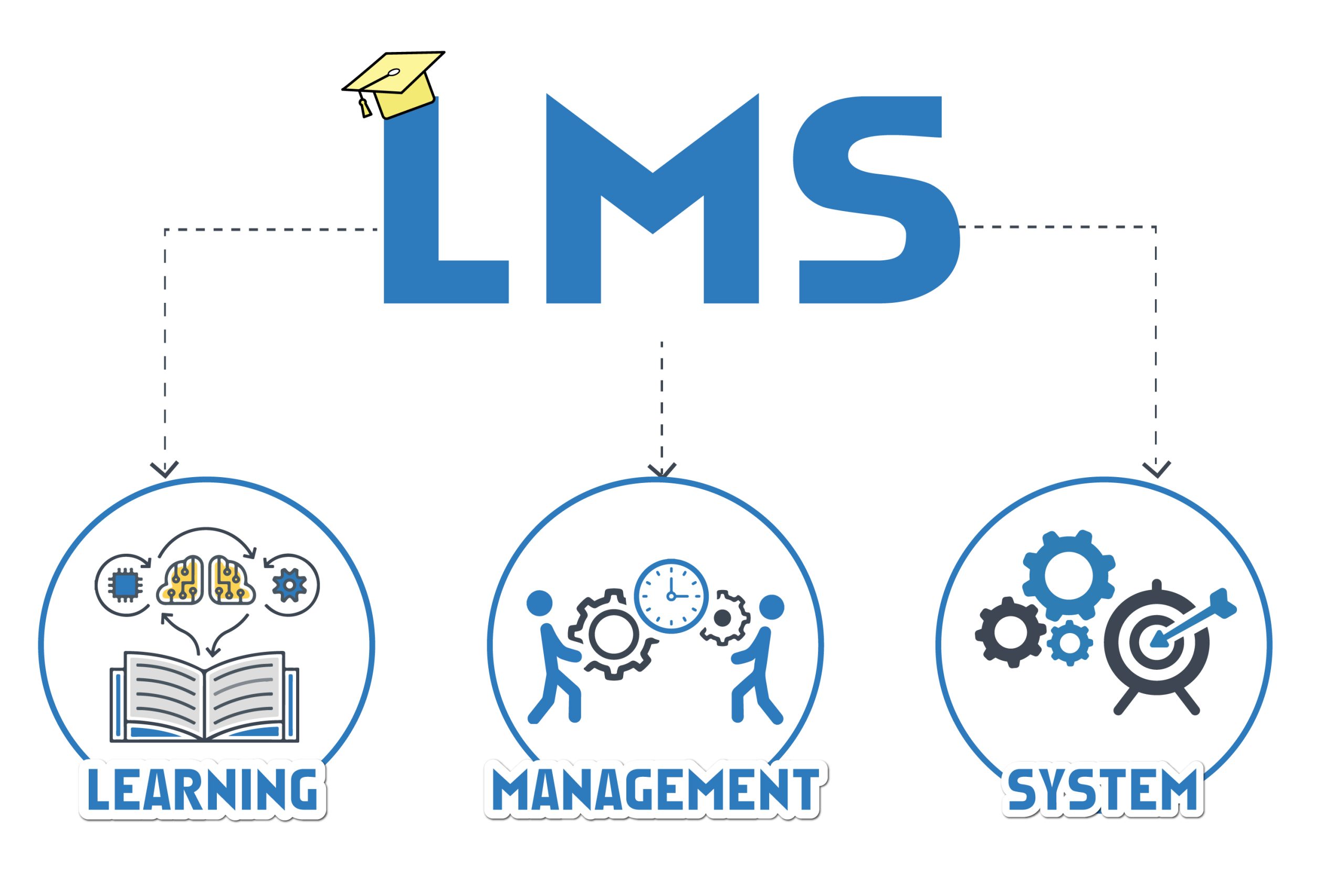In a rapidly evolving job market, mastering future skills is essential for career growth and organizational success. As we approach 2025, the demand for specific soft skills is set to rise, driven by technological advancements and changing workplace dynamics. Corporate Learning Management Systems (LMS) have emerged as invaluable tools for equipping employees with these critical competencies, enabling businesses to remain agile and competitive.
Adaptability is anticipated to be at the forefront of essential soft skills by 2025. With continuous technological innovation and shifts in work environments, employees must acclimate quickly to new tools and processes. Corporate LMS platforms offer dynamic, customizable training modules that help staff adapt to evolving job requirements, fostering a culture of resilience and flexibility. By providing relevant, tailored content, organizations can ensure their workforce remains adept in navigating future challenges.
The ability to communicate effectively will be crucial, as remote work becomes more prevalent. Virtual communication skills, including clarity in written and spoken form, are necessary for collaboration and decision-making. Corporate LMS systems facilitate communication skills training, offering scenarios and simulation exercises. These digital tools enable employees to practice and enhance their communication in a controlled setting, ensuring they can convey messages effectively across diverse platforms and teams.
Creative problem-solving is another critical skill that companies will prioritize in the future. As industries face unpredictable challenges, innovative solutions will be required to maintain growth and competitiveness. Corporate LMS platforms support the development of creative thinking through gamified learning experiences. By engaging employees in interactive scenarios that mimic real-world problems, LMS encourages out-of-the-box thinking and innovative approaches to overcoming obstacles.
Collaboration, often facilitated by LMS technology, is key to success in an interconnected world. As global teams become the norm, the ability to work harmoniously across cultures and time zones gains importance. Corporate LMS tools provide training in collaborative skills and multicultural sensitivity, enabling employees to effectively contribute to international projects. By promoting a cooperative mindset, organizations can harness the collective expertise of diverse teams.
Emotional intelligence is increasingly recognized as a vital soft skill for future leaders and teams. Understanding and managing personal emotions and empathizing with others’ perspectives are crucial for maintaining workplace harmony and achieving common goals. Corporate LMS solutions offer courses on emotional intelligence, equipping employees with the skills needed to lead with empathy and build cohesive teams. Training in emotional intelligence is a strategic move toward cultivating an inclusive and productive work environment.
Time management will continue to be a coveted skill, especially as employees juggle remote and in-office work. Personal productivity can be enhanced through effective time management techniques taught via corporate LMS platforms. These platforms provide modules on prioritization, task management, and scheduling, empowering employees to optimize their work schedules for maximum efficiency. By instilling effective time management practices, businesses can boost productivity and employee satisfaction.
In conclusion, preparing for the future requires deliberate efforts in skill development. As 2025 approaches, adaptability, communication, creative problem-solving, collaboration, emotional intelligence, and time management will be pivotal for organizational success. Corporate LMS platforms play a crucial role in fostering these skills, ensuring that employees and businesses thrive in the face of change. By investing in comprehensive, targeted training, organizations can navigate the complexities of the future with confidence.
